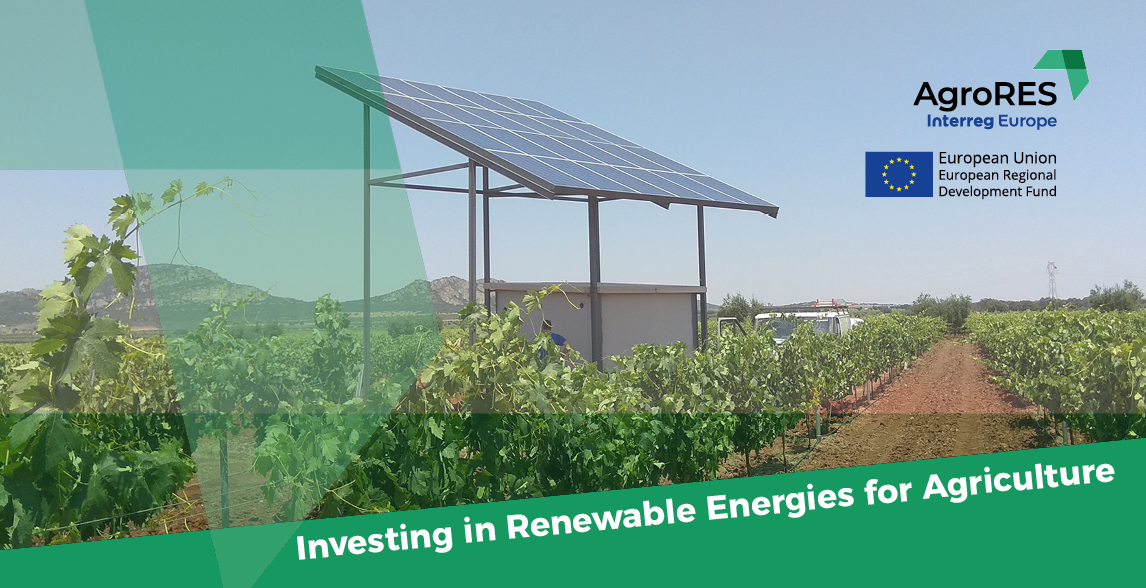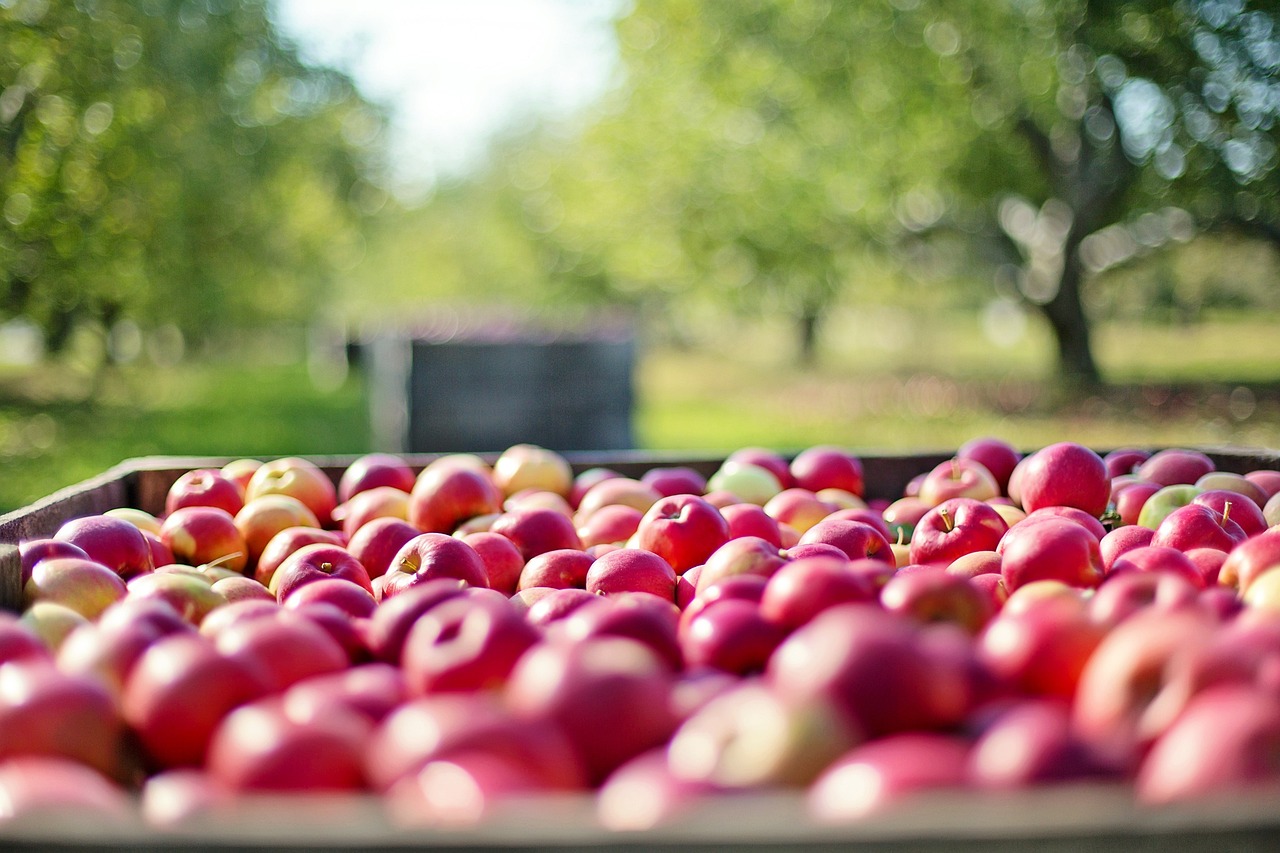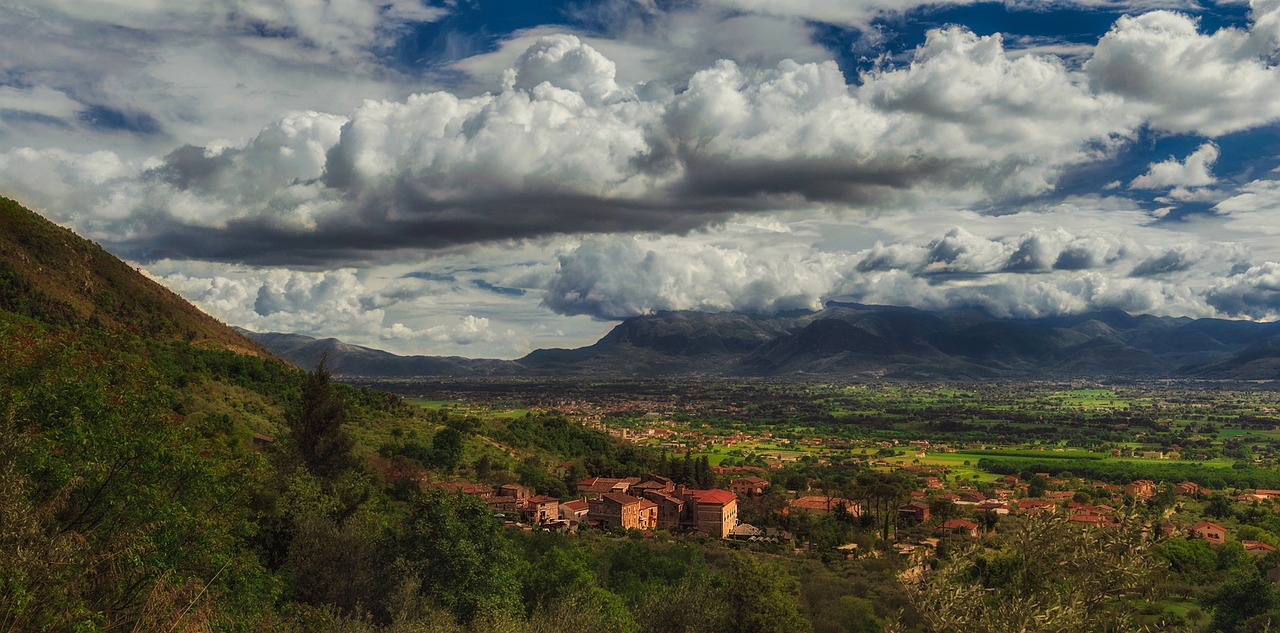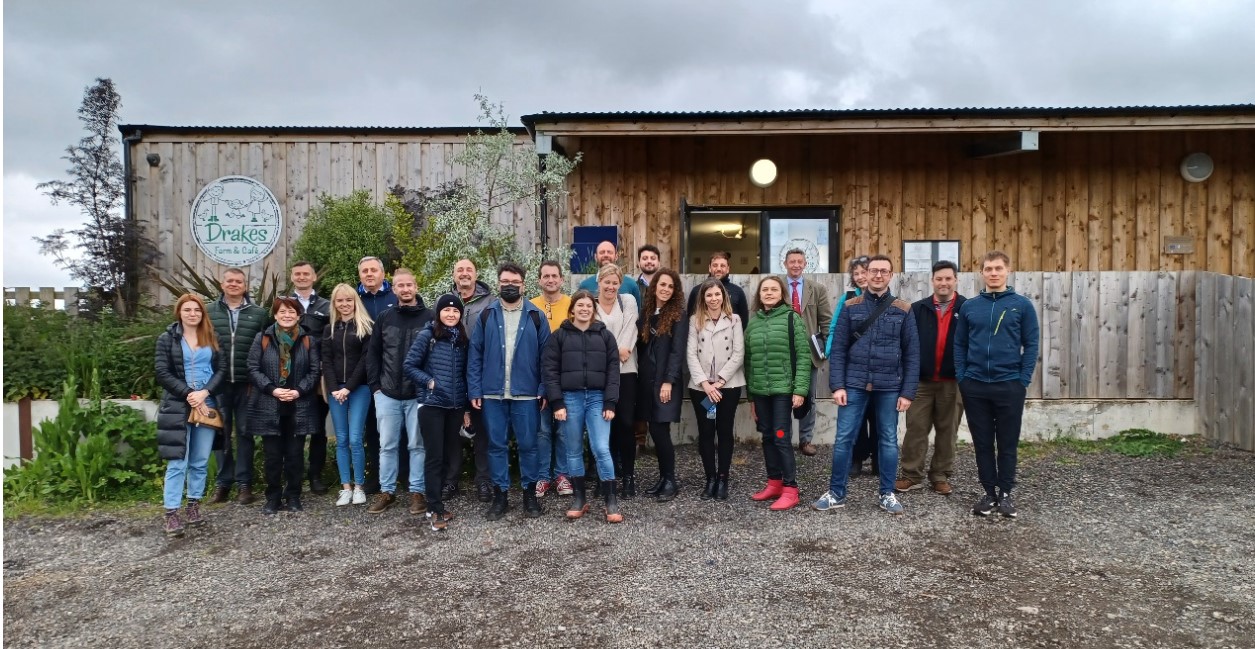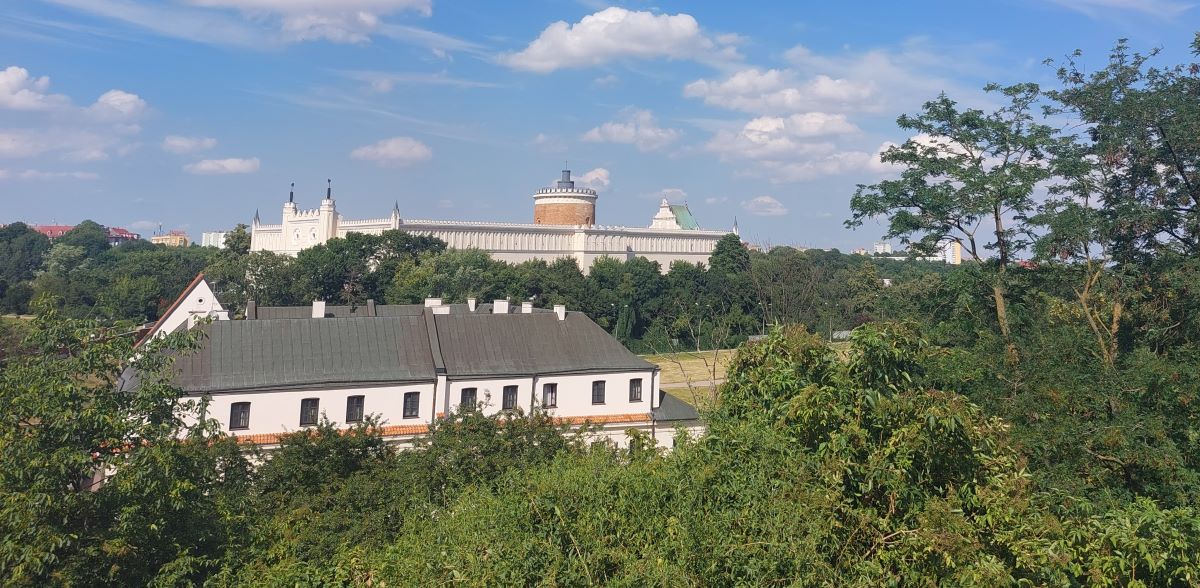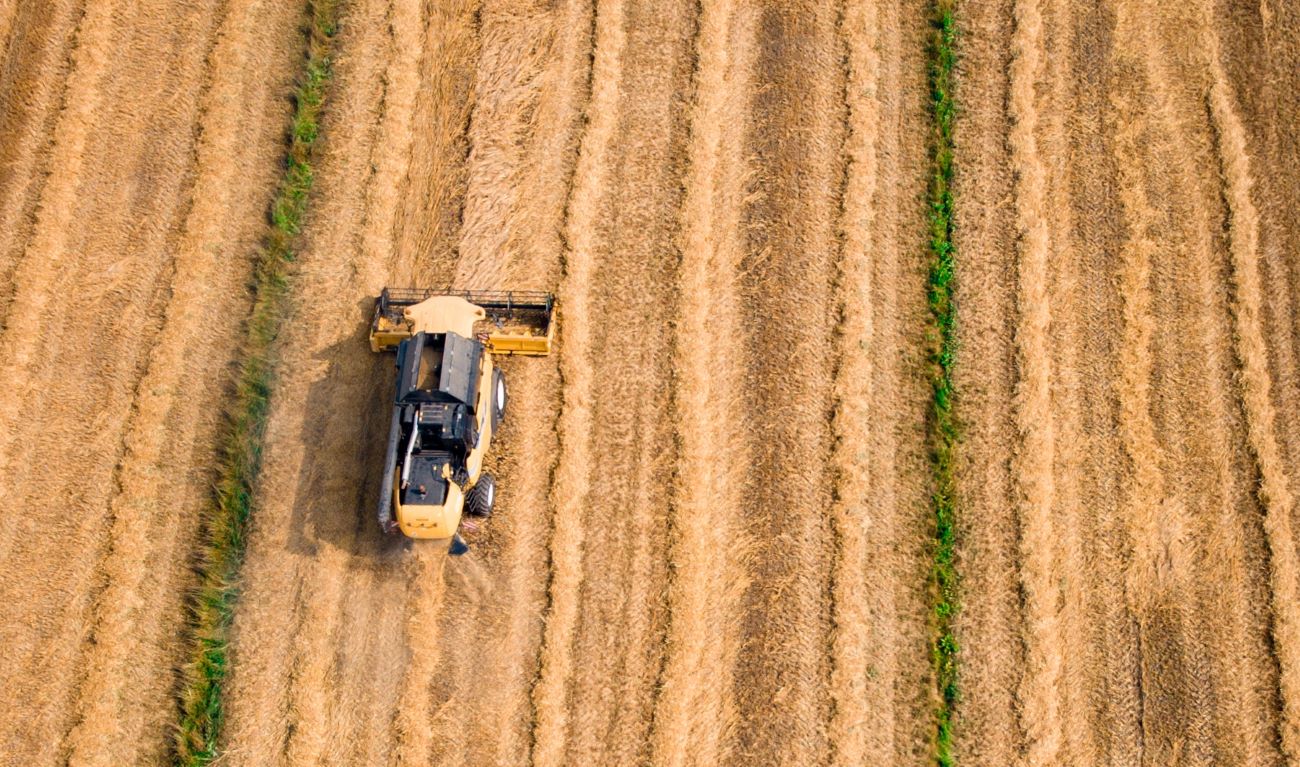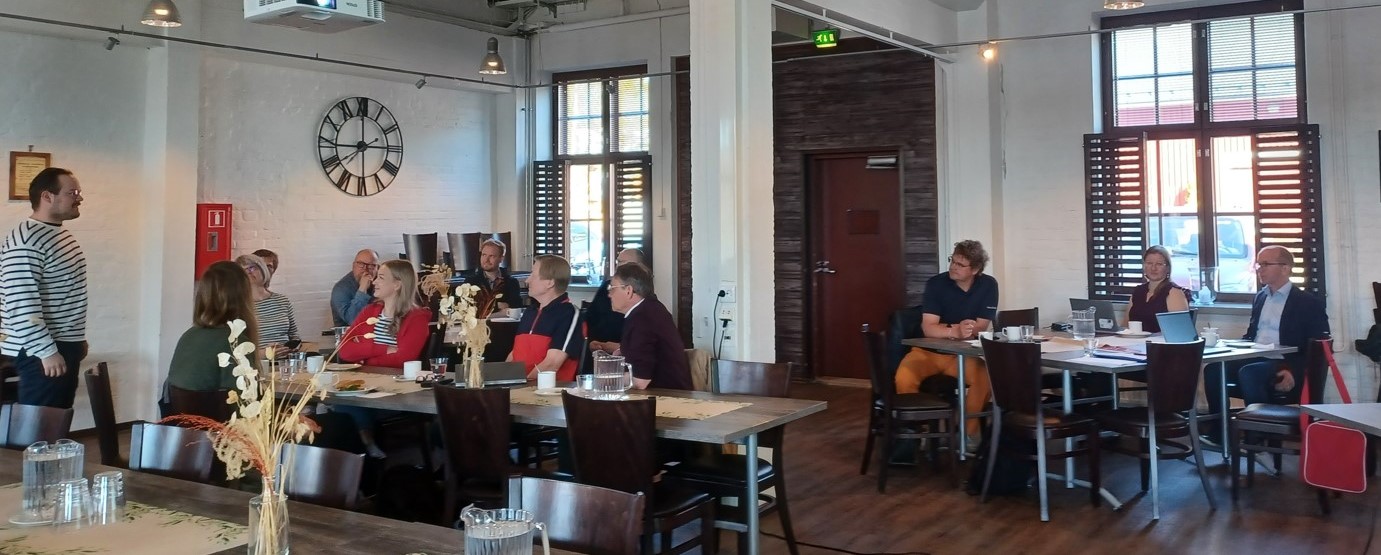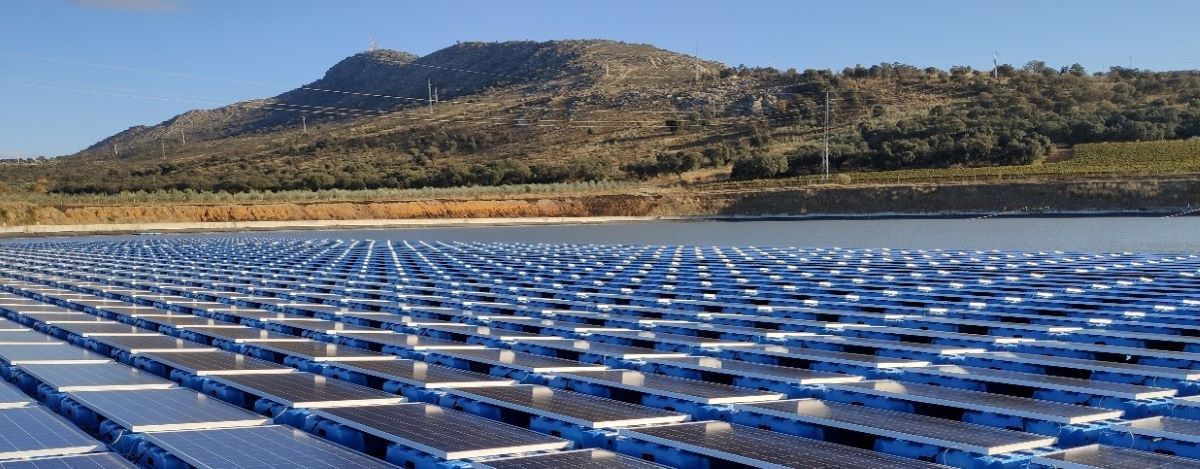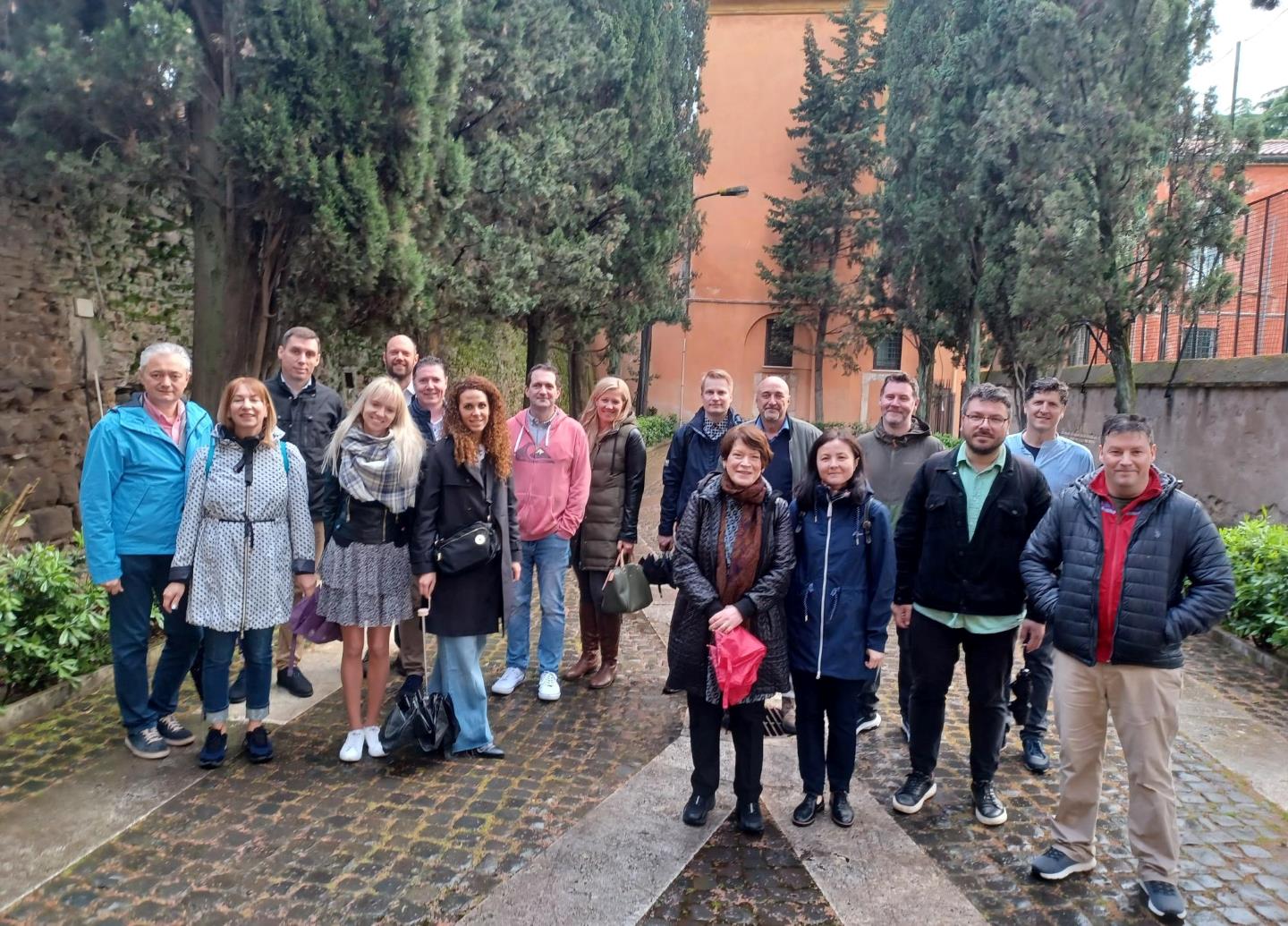One of the main objectives of AgroRES is to exchange know-how and experiences on renewable energy investments, policies and practices in the agricultural sector and rural areas. This process increases the capacity and knowledge of project partners, target groups and stakeholders and hopefully leads to transfer of practices between regions and even to policy improvements.
During the first phase of this exchange process, the AgroRES partners mapped out good practices connected to renewable energy production and use in agriculture and rural areas. Some of these practices are listed on Interreg Europe website: www.interregeurope.eu/agrores/good-practices/. Now, as these good practices have been identified and evaluated, the partnership will take a closer look at the examples that they find interesting from their region’s perspective. Each project partner has chosen one practice that they will study in more detail.
According to the original plan, this learning process included site visits but they are now relaced by online meetings and workshops.
Energy programmes, communities and investments
The practices that AgroRES partners have chosen for further analysis are:
- Agroenergy priority programme, Poland. This programme aims to increase the production of energy from renewable sources in the agricultural sector and is addressed to individual farmers.
- Small Biogas demonstration programme, Ireland. This project aims to stimulate the deployment of innovative on-farm small-scale biogas production by providing support and a capital contribution to three demonstration projects.
- Community-owned energy, UK. Community energy gives local communities greater control over how energy is generated and used and maximises the engagement and benefit from energy projects.
- Irrigation community Zujar, Spain. The first irrigation community in Extremadura that has established a photovoltaic plant to reduce the electricity bill.
- Local energy markets, UK. Setting up of Local Energy Markets enable peer to peer trading between generator(s) and consumers so that generators can receive a higher payment and consumers a saving and/or other perceived benefit through the realisation of local balancing benefits.
- J&M Dairies Solar PV installation, Ireland. Farm with a PV panels with a capacity of 9.54kWp and with 10kWh battery storage system.
- Floating Photovoltaic Plant, Spain. One of the biggest floating solar plants in Spain is located in the irrigation community of Merida.


